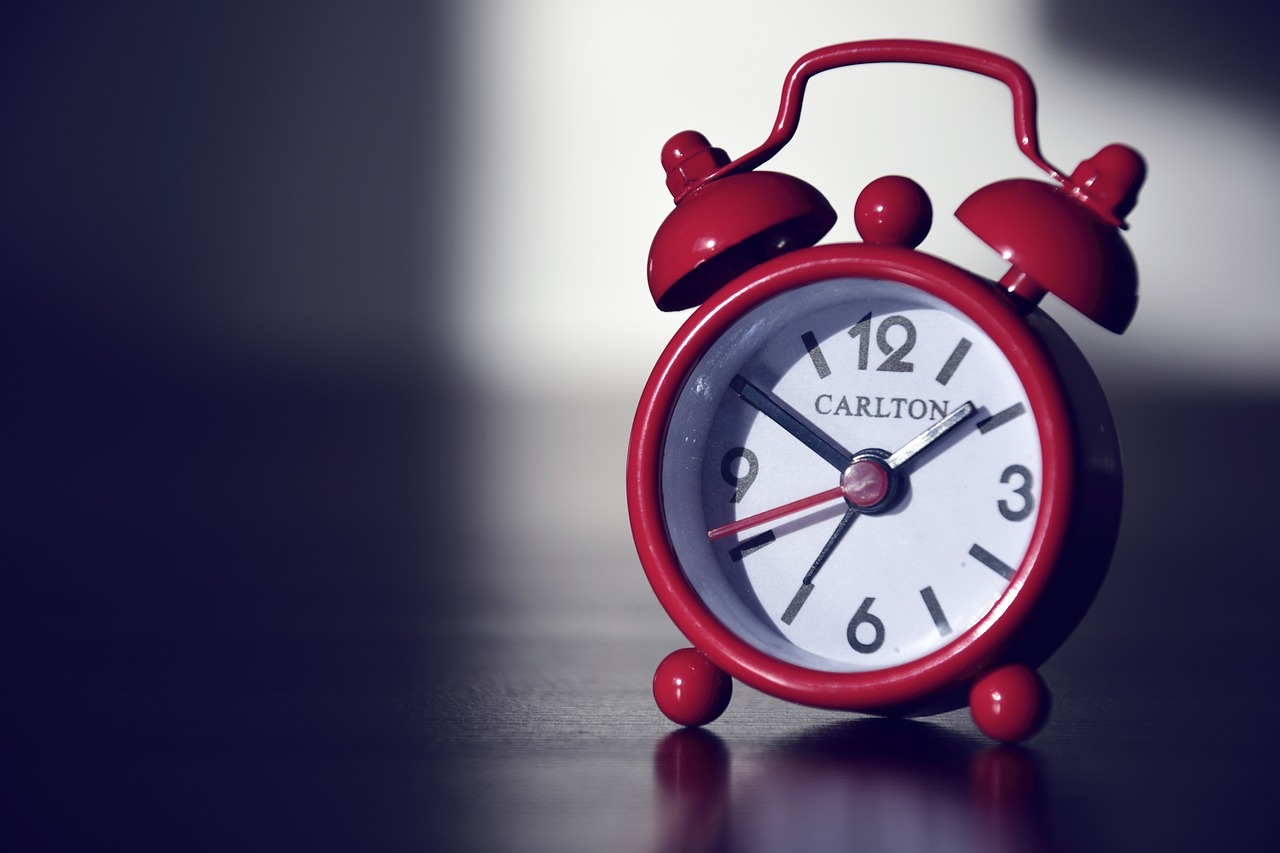Books & Culture
Langston Hughes Knows You’re Tired—But He’s Not Letting You Off the Hook
The internet has fallen in love with a poem that reflects our fatigue, but there's a second half that demands our action

My friends and I discuss the news once a week during our Zoom calls. The conversations are a mix of sympathy, frustration and opinions, but all I can bring myself to say is, “I’m tired.” Apparently, I wasn’t alone. It’s a sentiment reflected by Langston Hughes in a poem that has been posted all over Twitter and Tumblr since late May, in response to the resurgence of the Black Lives Matter movement. In simple words that clearly resonates—I found a Tumblr post with 20,000 notes, and a tweet with more than 28,000 likes—Hughes describes our shared exhaustion:
I’m so tired of waiting
Aren’t you,
For the world to become good
And beautiful and kind?
In this poem, Hughes reflects our feelings of being buried in injustice. There are moments where we can feel like we have no power over what’s going on. We’re just waiting for something to fall out of the sky and make the world good again. We acutely feel the time pass as we’re waiting. We answer, “Yes, I am tired of waiting.”
It can be exhausting trying to stay optimistic while hearing the news of people dying from disease and murder and countless other atrocities. Between the relentless news cycle, easy access to social media, and rampant burnout, it can feel like the bad news just piles on, leaving no time to process. It can make a person bone-weary. I read a news headline, and I feel like I’m melting into my bed and becoming a puddle. “Tired” encapsulates this puddle feeling.
Between the relentless news cycle, easy access to social media, and rampant burnout, it can feel like the bad news just piles on, leaving no time to process.
Hughes’s career took off during the Harlem Renaissance. A lover of jazz, he used the music’s rhythm and diction to shape his poems, creating a song and word mix. Jazz poetry suited him as he rejected the classical approach to poetry, instead using common words and simple structures that almost anyone could read. That easygoing beat makes it quick to latch on to his words. Sometimes his poems even sound like comforting nursery rhymes.
Hughes’s words are simple—“beautiful,” “kind,” and “good”—but they also convey a romantic air. There’s a soft mood to his words, despite the horrors he alludes to. The reader can imagine looking out at the world’s troubles, huddled inside a bubble, disappointed and wondering when things will look less bleak. Hughes’s words can decorate this little bubble creating a tragic but beautiful scene. After all, we all feel tired once in a while.
There’s a version of this poem for everyone. A serene mountain backdrop to Hughes’s words make a great wallpaper or Facebook post in tough times. You can find beautiful calligraphy of his words on Pinterest to add to an Activism or Altruism inspiration board. There’s always Tumblr accounts filled with black text, white background quotes where “Tired” makes regular appearances.
But the words they’re sharing are only the first half of the poem. The second half is less romantic.
Let us take a knife
And cut the world in two—
And see what worms are eating
At the rind.
Hughes wasn’t exhausted. He was fed up. He implores the reader not to wallow in exhaustion but to take action, and not just a performance of action but something deep. He wants action that cuts the world in half, slicing down to the foundation of our beliefs and institutions, so we can recognize what is souring the world.
With his “Let us,” Hughes invites others to join in improving the world. Though the Harlem Renaissance is marked as a celebration of Black culture, it was also a time of race riots and lynching, and the art of the time often reflected the inequality Black people faced. Themes like institutional racism, Black identity, and the after effects of slavery were extremely common. Amongst these themes, Hughes specifically championed unity among all those of African descent. With this invitation he recognizes that change of any amount does not happen singularly but as a joint effort. This is not only a poem for staying in and peering at the trouble from a safe distance.
We all have times when we feel exhausted, but when a Black man speaks of being tired you cannot ignore his call to action.
When only half the poem is presented, the context of this piece is completely lost. We all have times when we feel exhausted, but when a Black man speaks of being tired you cannot ignore his call to action.
It’s easier and more comforting to focus on the first half of the poem. It’s easier to stay in the comfort of being tired, to use it as an excuse, rather than taking a brief rest before continuing the fight. We may not want to hear that change might require rioting, shouting, violence. At the very least it certainly isn’t comfortable. The knife and the worms are not #aesthetic.
A poet of the people, I suspect Hughes would have loved seeing his poem shared all over social media to thousands. Hughes found great success with the average Black reader. His reach was so great Hughes may have read his poetry to more people than any other American poet, according to scholar Donald Bernard. Those audiences meant Hughes was the first Black American writer to live off his earnings from writing alone. He aimed to reach the masses of the Black community with his work either in his jazz poetry or work for the famous Black newspaper the Chicago Defender. He often celebrated the diversity of Black people, hoping Black artists would find inspiration within the community rather than looking to white creators. Dedicated to democratizing poetry for his people, we can imagine Hughes would be ecstatic to see his work shared to friends and followers online. He wanted his work to be easily consumed and shared, taking art out of the formal classroom and into the lives of people.
Hughes saw the beauty and romance of his people, but his frustration with how Black people were treated is clearly evident in his work. And yet we repay him by taking a knife and cutting “Tired” in two—keeping the romantic portion, but not the poet’s ideas for change. We can swallow the emotion but not the action Hughes calls for, informed by his years living through a time of riots, lynching, and segregation.
We need the second half of the poem to remind us to keep fighting.
Cutting the poem is a disservice to Hughes and the struggles he endured and witnessed. They were struggles not unlike what we deal with now. As history circles back we’re left with people who will step up and work for something better and those who’ll let the world rot. Hughes didn’t want us to drop everything because we felt exhausted. And after picking ourselves up he didn’t want us to stop and stare at the worms ruining the world. Acknowledging the fatigue is only the first step, and seeing the problem is only the second. We need the second half of the poem to remind us to keep fighting.
In cutting the world in half we can see past surface-level actions and demolish the core systems that are built with racism embedded in them.
Loften Mitchel, a mentee of the poet, described Hughes’s legacy of creating a, “standard of brotherhood and friendship and cooperation.” Hughes wanted better for Black people, but we can’t achieve that by looking out at the world, content to feel the exhaustion of the movement but not participate in it. Don’t stay a puddle.








